Israel is struggling to find and kill the top Hamas commanders it wants most
More than six months after Hamas' Oct. 7 massacre, Israel is still fighting the militants in Gaza.
The IDF has managed to kill some of Hamas' top commanders, but it continues to hunt down others.
These individuals are likely hiding underground, a top White House official said last month.
More than six months into its war in Gaza, Israel has little to show for its efforts. It has been unable to kill or capture the most senior members of Hamas' leadership, and its scorched-earth offensive has left a trail of death and destruction in its wake.
Israel's inability thus far to eliminate the top Hamas commanders it wants most is complicating ones of its stated war aims: crushing the militant group. Officials have said that the devastating war — triggered by Hamas' Oct. 7 massacre that killed some 1,200 people — will continue until the country achieves its goals, which include returning all the hostages, destroying Hamas, and demilitarizing the entirety of Gaza.
But securing these objectives in full is proving to be elusive for the Israel Defense Forces, or IDF. Fears are growing that many of the remaining hostages may already be dead, Israeli clearing operations throughout Gaza have not prevented Hamas from returning to areas that were once the sites of hard-fought and bloody battles, and there doesn't seem to be a clear consensus on a workable post-war governance plan.
Israel has claimed that it has eliminated a significant number of mid- to senior-level commanders of Hamas' military wing, known as the al-Qassam Brigades. In December, for instance, the IDF released a photo purporting to show multiple commanders it had killed.
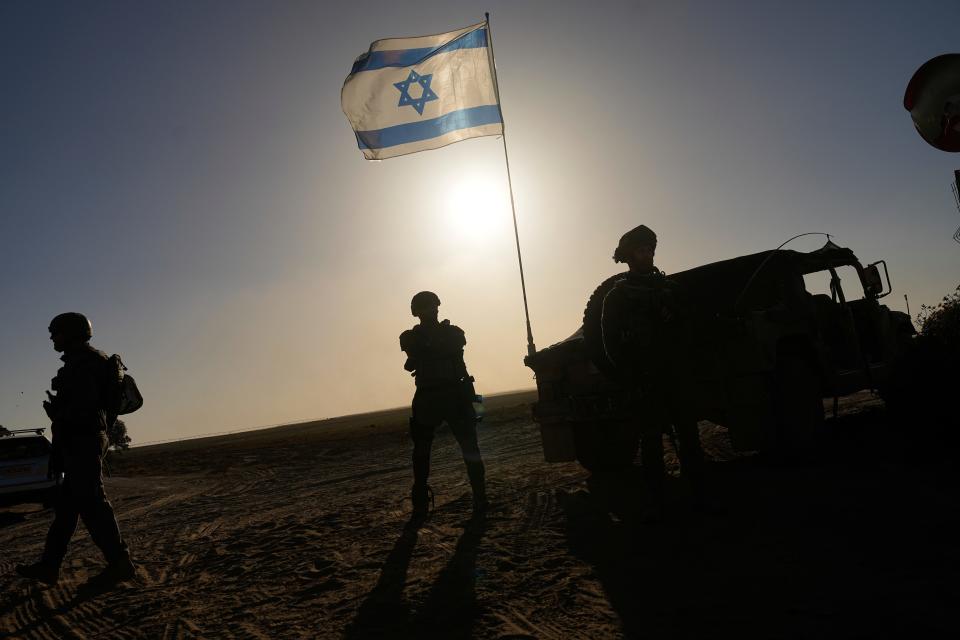
A mid-March Israeli airstrike killed Marwan Issa, the deputy head of Hamas' military wing who had been hiding in an underground compound in central Gaza, according to the IDF.
Jake Sullivan, who serves as the White House national security advisor, identified Issa as Hamas' "number three" in Gaza and said that after his death last month that Israel had "killed thousands of Hamas fighters, including senior commanders."
The exact number of militants killed is unclear. Israel said in late-February that it had killed 12,000 members of Hamas' 30,000-strong pre-war force. Hamas, by contrast, claimed at the time that its death toll was only half of that figure.
As of this week, more than 33,000 Palestinians have been killed since Oct. 7, including 25,000 women and children, according to figures released by Gaza's Hamas-run health ministry. The death toll, which is cited by the United Nations, does not distinguish between civilians and combatants.
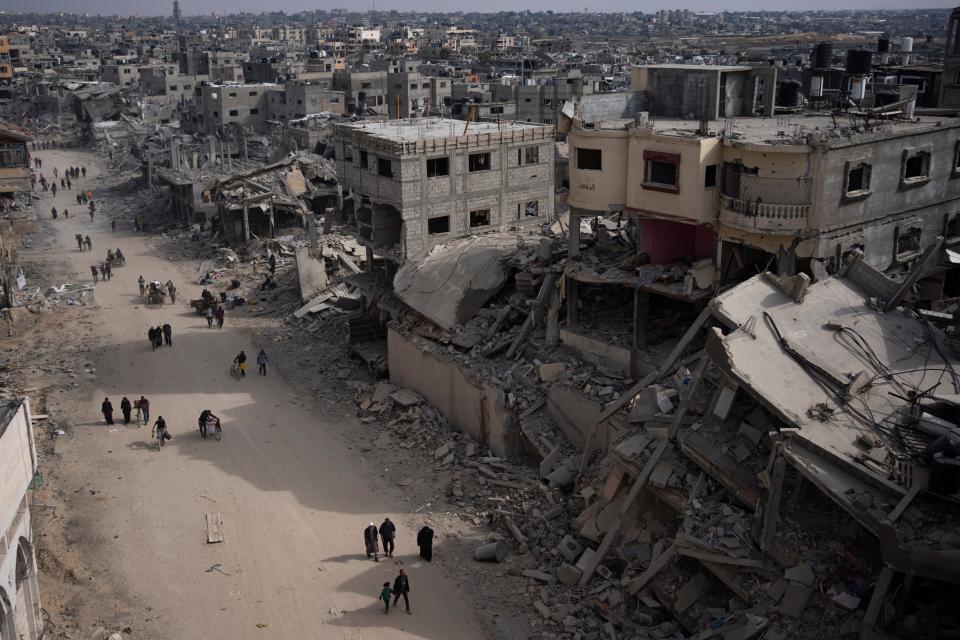
Israel has also managed to strike at Hamas' political wing, which operates in exile in Qatar.
An early January explosion in a Beirut suburb eliminated Saleh al-Arouri, the deputy head of Hamas' political bureau, which is often referred to as its politburo. He was the militant group's senior official in Lebanon, responsible for maintaining ties with Hezbollah, another Iran-backed proxy force like Hamas.
And more recently, on Wednesday, the IDF and Israel's Shin Bet security agency confirmed in a joint announcement that an airstrike in central Gaza had killed three sons of Ismail Haniyeh, the leader of Hamas' political wing.
All three men were known to be Hamas military operatives, Israel said. Haniyeh responded to their deaths by stating that this incident would not change his demands to stop the fighting.
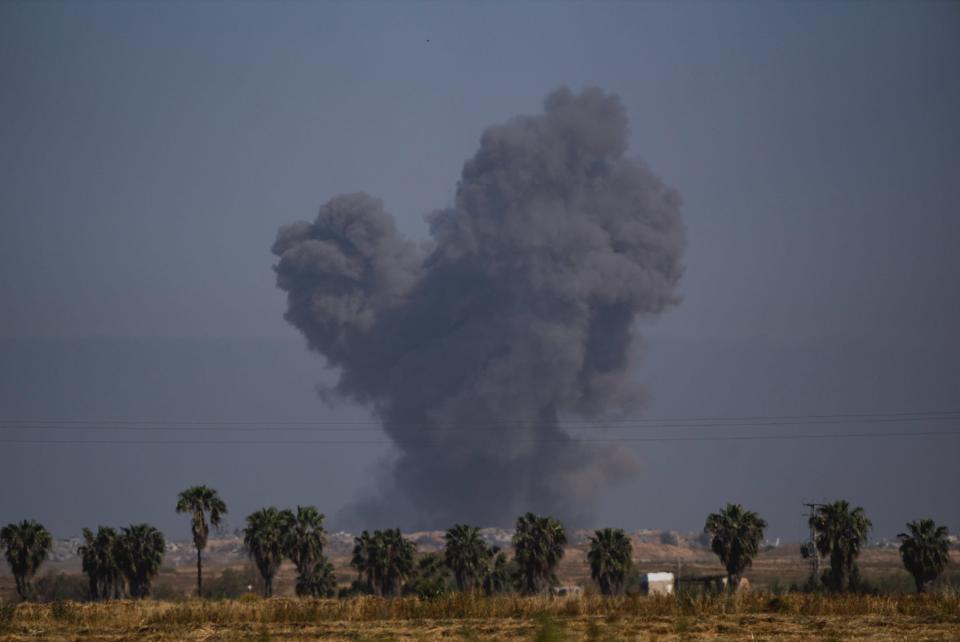
But several top Hamas military leaders, including those most wanted by Israel, remain at-large.
This includes figures such as Yahya Sinwar, the overall head of the organization in Gaza, his brother Mohammed, a leader in the al-Qassam Brigades, and Mohammed Deif, who is the commander of the military wing.
"The rest of the top leaders are in hiding, likely deep in the Hamas tunnel network," Sullivan said during a March White House briefing. "And justice will come for them too, and we are helping to ensure that."
Hamas' vast and sophisticated tunnel network underneath Gaza — where the militants have been able to hide and facilitate the movement of weapons, and from which they can launch surprise assaults — has proven to be a headache for Israeli forces.
Retired Maj. Gen. Charlie Herbert, a former officer in the British army, told Business Insider that Hamas leaders who are hiding below ground are able to maintain operational, personal, and communications security there.
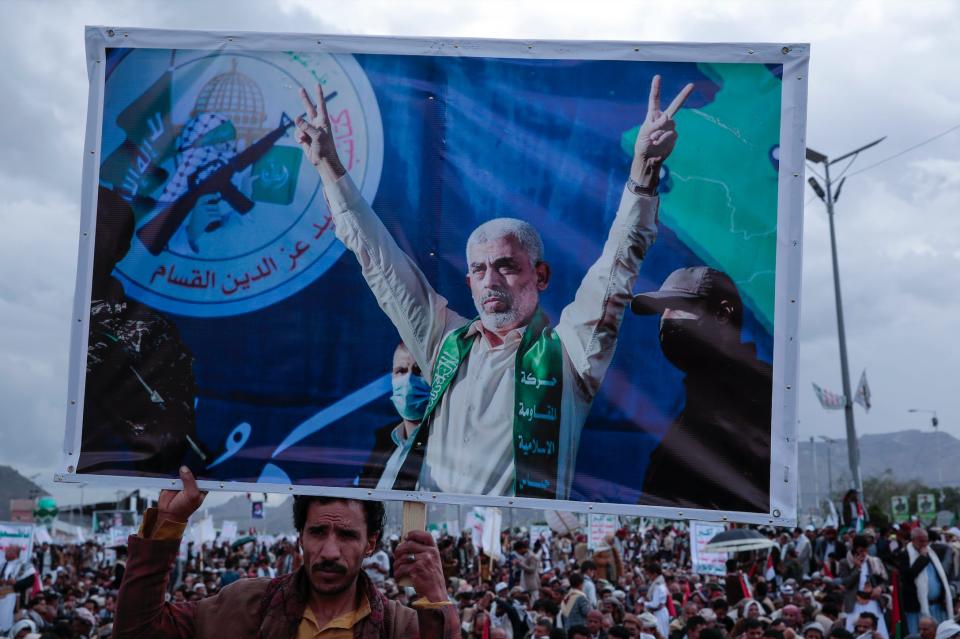
Israel's inability to kill them is less of an intelligence failure, said Herbert, who has also served as the senior NATO advisor to Afghanistan's interior ministry, and more that the country has yet to link any intelligence success it does have with an effective kinetic strike targeting the senior leaders.
Israel has found "no real success" at getting Sinwar over the last six months, Herbert said.
What it needs to do instead, he argued, is pivot away from major combat operations toward a more targeted and methodical campaign that also reduces civilian casualties, allows displaced Palestinians to return to their homes, and boosts the flow of humanitarian aid into the besieged enclave.
Herbert said the Israeli military should "retain freedom of maneuver into Gaza for their military forces as and when they require and conduct an intelligence-driven counter-terrorist strategy, whacking Hamas as and when you can do."
Indeed, on Thursday, the IDF announced it was beginning a "precise operation" in central Gaza, seemingly marking a new phase in its efforts to hunt down Hamas leaders. It was unclear if the move came in direct response to the killings of Haniyeh's sons the day prior.
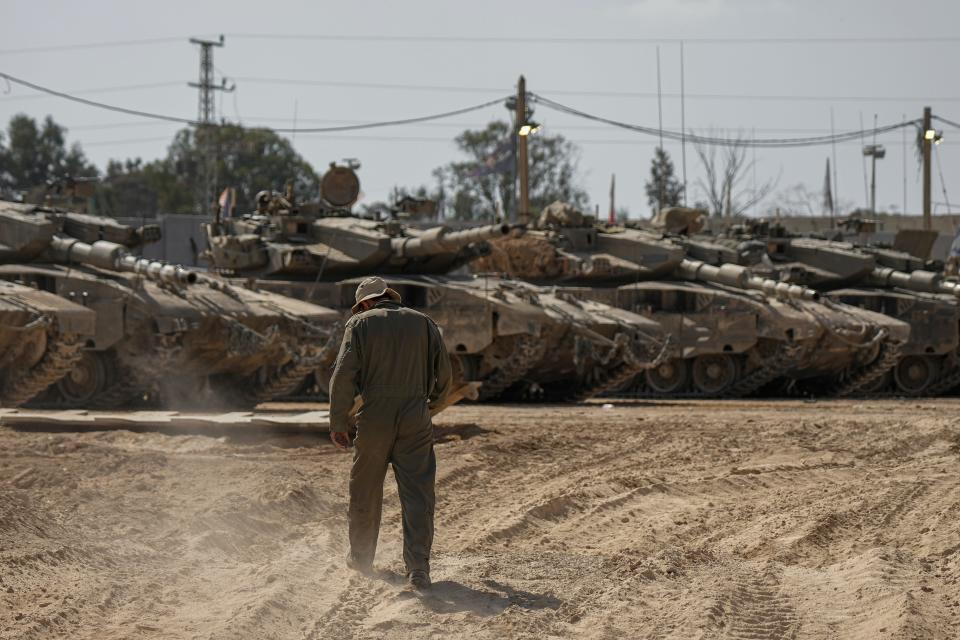
"Overnight, the 162nd Division began a precise, intelligence-based operation to eliminate terrorist operatives and strike terrorist infrastructure in central Gaza," the IDF said in a statement shared to the Telegram messaging platform. What that may look like is a mystery though.
The IDF announcement came just days after the IDF withdrew its forces from the southern city of Khan Younis. Israeli Defense Minister Yoav Gallant said the move was to prepare for "future missions," including a planned offensive in Rafah, where scores of civilians are sheltering.
The potential Rafah assault has drawn concern and pushback from Western governments, including the Biden administration, amid rising international criticism of Israel's aggressive military campaign as the death toll continues to mount and the humanitarian situation in Gaza continues to worsen.
Read the original article on Business Insider


